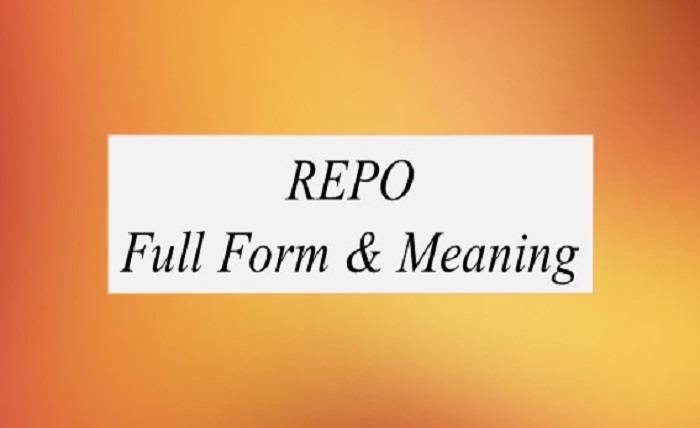
REPO is an acronym for repositorium, a central place for storing data and files. Its name comes from the Latin word repositorium, which means “vessel or chamber.” Basically, a repository is an archive of files. To make a repositorium, a bank sells its surplus government securities to the RBI, who then agrees to buy the equivalent at a later date. This process is known as a repositorial transaction.
The Reserve Bank of India (RBI) lends money to commercial banks and financial institutions in India in exchange for government securities. The Repo Rate, which controls the flow of money in the market, can be high or low, depending on the situation. When rates are low, an economy can expand, while high, a bank must limit economic growth to avoid an overheating situation. In a time of financial crisis, a bank may borrow money to tide it over until its liquidity needs are met.
The basic structure of a repo transaction is similar to a secured loan. The buyer receives securities as collateral, which protects it in case of default on its obligations. The seller, meanwhile, serves as a lender, thereby providing the lender with protection against bankruptcy. There are several types of institutional investors that engage in repo transactions. One such group is hedge funds. If you’re considering taking a repo loan, you should be aware of the different types of financial instruments and their respective pitfalls.
One of the key benefits of this type of loan is the flexibility it provides. Repo loans are short-term investments that are less risky than other types of debt. Repos are often preferred by Money Funds because they offer collateral. Many traders in trading firms use repos to finance their long positions. The cheaper costs of repos make them attractive to traders. The reverse repo and sale is another common option. The reverse repo and sale allows the lender to get money at lower rates than normal.
The repurchase agreement is an essential financial tool for the global market. It enables dealers to borrow money against government securities and buy them back later. Repo agreements are generally short-term, lasting from one day to a fortnight. They serve as an excellent source of short-term capital for banks. The terms of the agreement vary according to the length of the repurchase period. So, if you’re looking for an investment, a repurchase agreement might be the perfect way to invest your money.
As a rule, the repo rate is the interest rate charged on a loan by a financial institution to a commercial bank. The repo rate is one of the tools used by monetary authorities to control inflation. A repurchase agreement is a short-term loan between two banks for the purpose of raising capital. Repos are commonly used by central banks as part of open market operations. You can find a repurchase agreement form online and in your local newspaper.




